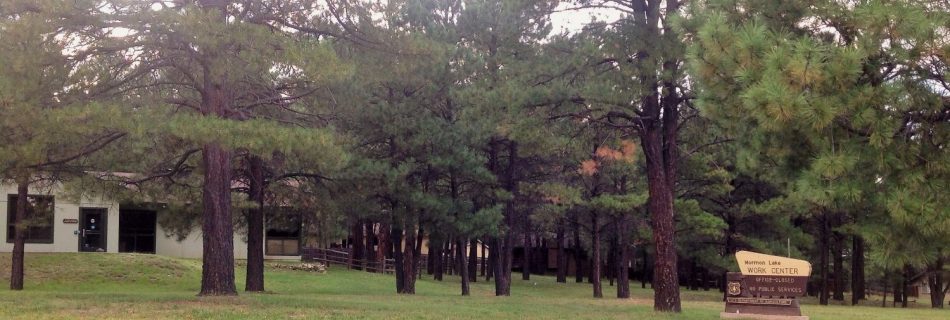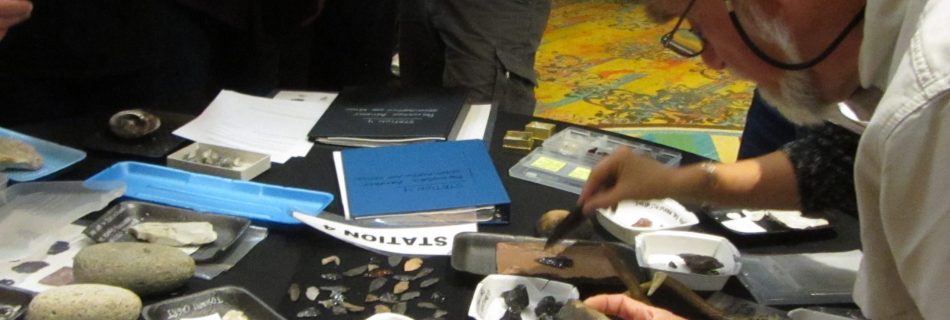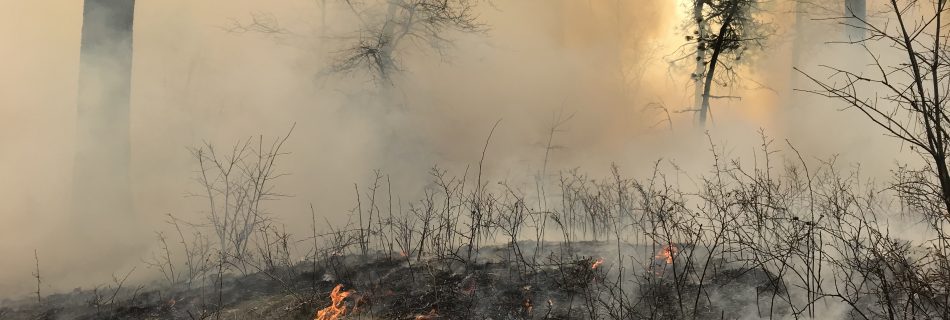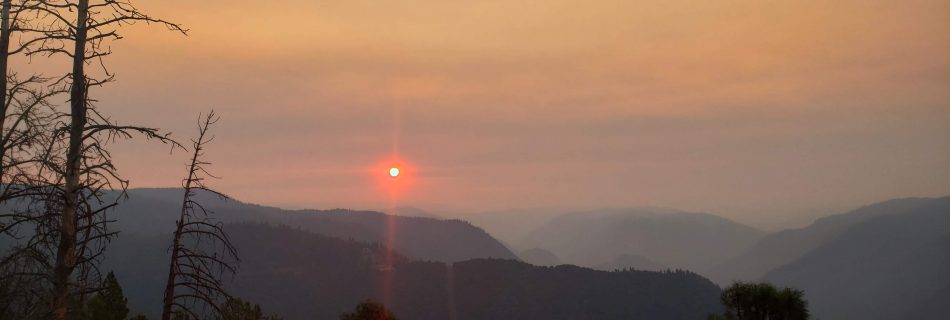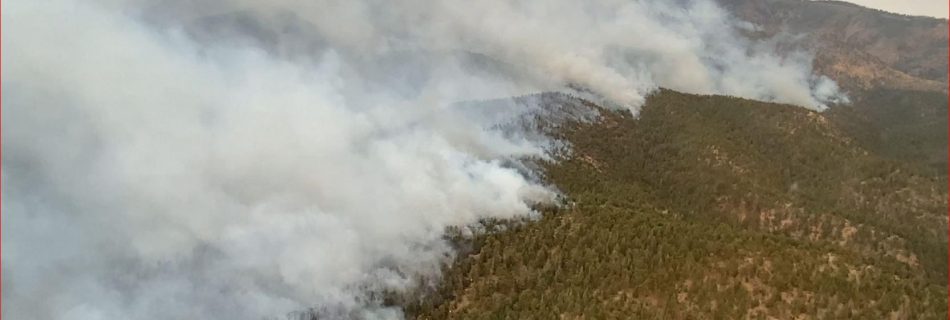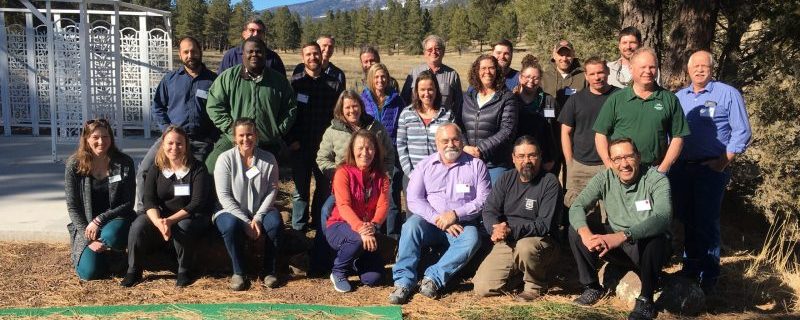Research to Implementation: A JFSP Success Story Wildfires are getting larger and more frequent across the Western U.S., which means more and more firefighters are being mobilized into action. Firefighters are constantly exposed to hazardous conditions while performing their jobs and safety is critical in such volatile and dynamic environments. The Joint Fire Science Program …
Read more “Fighting for Firefighter Safety”
Presenter: Ron Sherron, U.S. Forest Service This webinar was recommended for participants in the “Wildland fire smoke in the air- What does it mean to ME?” workshop in Albuquerque, New Mexico November 6-8, 2014. Watch a recording of this webinar in various formats.
The purpose of the Mormon Fire Staff Ride is to encourage the use of natural ignition fires as a forest management tool by creating a peer-learning space for line officers to explore implementation decisions and challenges. By using the story map, we hope to strengthen line officers’ preparedness and confidence around the use of natural ignitions and …
Read more “Mormon Fire Staff Ride- Restoring Wildfire to the Landscape”
The Southwest contains both some of the greatest of archaeological sites and landscapes in which fire plays a major role in the ecosystem. Due to the widespread prevalence of both fire and cultural resources, archaeologists and fire managers must work together to locate and manage significant sites. However, different perspectives and approaches between fire managers …
Read more “Working Together: Fire Managers and Archaeologists”
Date: March 23, 2022 11am AZ/12pm Mountain DaylightPresenters: Stephen D. Fillmore, PhD Student, University of Idaho, Dr. Sarah McCaffrey To improve understanding of the managed wildfire decision-making process on federal lands (USA), we conducted a mixed methods review of the existing literature. The review was published in September, 2021 in the journal Fire. The review …
Read more “Managed Wildfire”
AZ WUI Summit Program Book – Final
In the Southwest, most ecosystems are adapted to some form of wildland fire. Smoke, the major byproduct of fire, is a real health issue, and finding ways to deal with this reality is discussed by several federal employees who work in land management. Click here to listen to our “Smoke in the Southwest” podcast by …
Read more “Smoke in the Southwest”
In a nutshell: This webinar will address what could be done to reduce the amount of smoke experienced by frequently impacted communities during wildfire season. Description: Smoke from wildfires is a well-recognized public health and safety issue. While there have been extensive efforts to help communities be “smoke ready”, most people would still prefer not …
Read more “Strategies to Reduce Wildfire Smoke”
In a nutshell: A researcher examines trends in the largest fires in the Southwest of 2022, and a meteorologist explores the fire season outlook and expectations for fire weather behavior in 2023. Description: Join the SWFSC for a webinar reviewing last year’s fires and looking ahead toward fire conditions for this year. Dr. Zander Evans …
Read more “Fire in the Southwest, Past and Present – Fire Season 2022 Overview and 2023 Outlook”
Southwest FireCLIME is a multi-year research partnership between scientists and resource managers to synthesize current knowledge of regional climate-fire-ecosystem dynamics. Our project has addressed this goal through science synthesis, an annotated bibliography, modeling, a vulnerability assessment, and Fire-Climate adaptation tools. For more information, visit the website: https://swfireclime.org/ Funded by the Joint Fire Science Program, research …
Read more “Southwest FireCLIME”
